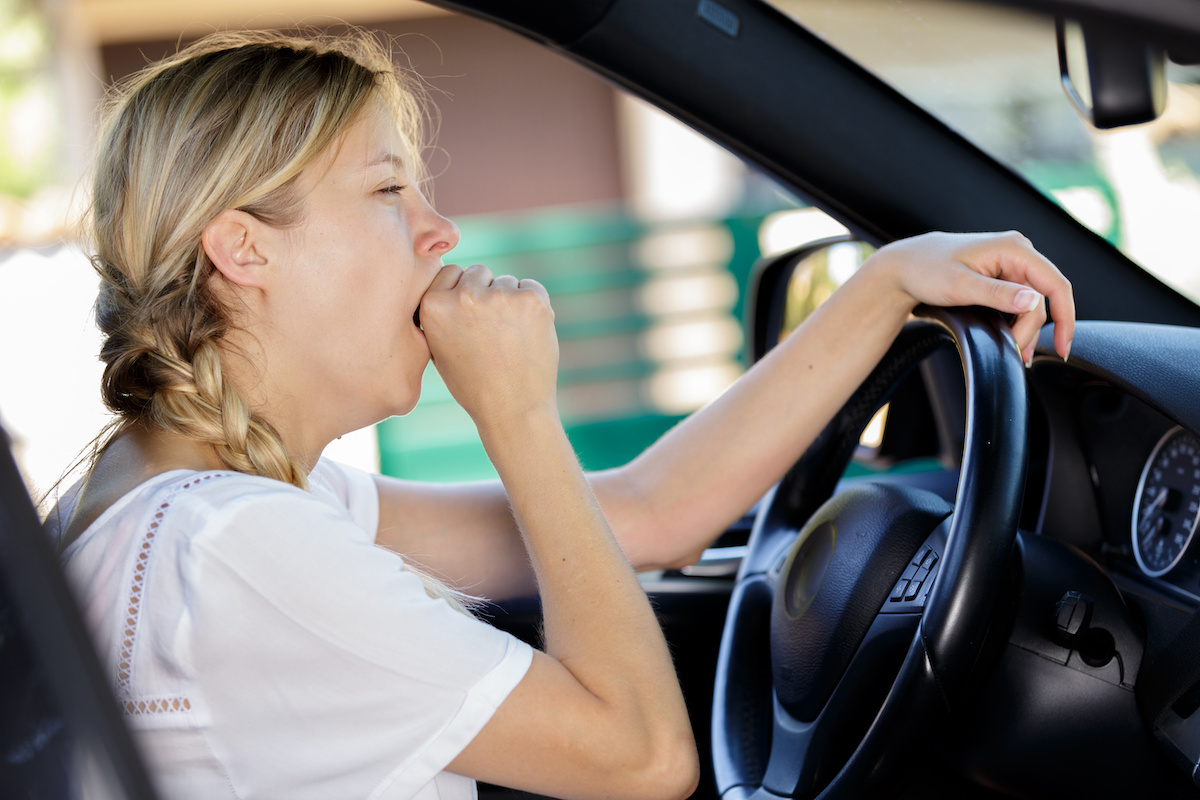Late nights, early mornings, and chaos in between. If this defines the rhythms of your life, you are not alone. Millions of people are living with sleep deprivation. A consistent lack of sleep builds up and has a detrimental impact on both mental and physical health. The average adult requires between 7 and 9 hours of sleep nightly. Without this amount of sleep, the body can’t shift into restoration mode, effectively functioning as a computer with open tabs…slowly and sluggishly. You can’t operate efficiently without time spent in that restoration mode each day. Your body’s largest organ, the skin, suffers significantly from a lack of sleep. In fact, sleeplessness can actually contribute to and accelerate the aging process. The good news is that there are ways to get back on track and sleep like a baby, ways to recover your youthful and healthy glow.
Nighttime is all about rest and repair – the skin heals itself from damage during this time. According to Dr. Joshua Zeichner, MD and dermatologist,
“If you are not sleeping, then your skin will not be able to heal itself and may increase your likelihood of premature aging.”
If you are not getting enough sleep, these things may be happening and accelerating skin aging.
- Breakouts – Disrupting the sleep cycle leads to increased levels of cortisol (the stress hormone). This means that the oil glands in your skin are constantly stimulated, leading to breakouts.
- Enlarged pores – Lack of sleep causes pores to remain clogged and dilated, giving the skin an unhealthy appearance.
- Increased risk of sun damage – Sleep helps the body produce natural antioxidants. Without enough sleep, the body cannot protect the skin from external stressors such as cigarette smoke, pollution, and UV light. This increases the risk of damage from things such as sunburn.
- Increased risk of infection – Sleep deprivation effects the immune system by lowering white blood cell count and increasing the risk of skin infections such as athletes’ feet, cellulitis, and folliculitis (ingrown hairs).
- Deep and dark eye bags – The lymphatic system serves as the body’s waste disposal system by filtering out extra fluid and toxins. A lack of sleep disrupts this process, leaving behind extra fluid and toxins. This leads to puffiness and dark circles under the eyes.
- Increased issues with psoriasis and eczema – Chronic skin conditions such as eczema and psoriasis flare with stress. Not getting enough sleep puts the body under tremendous stress. One study that found a connection between sleep and psoriasis discovered that sleep damages the skin barrier, making an eczema flare-up more likely.
- Dull skin – When normal circadian rhythms are disrupted because of a lack of sleep, normal cell turnover does not happen as efficiently as it should. This leads to a build-up of cells on the skin’s surface, which creates a dull complexion. The skin may appear dull and gray.
Look in the mirror
Go on, take a good hard look at yourself in the mirror. Do you notice that your skin just doesn’t seem to have the youthfulness it once had? You may see lines on your forehead that have now formed permanent creases or puffiness under your eyes that just won’t go away. Could it be that you are not getting enough quality sleep?
Researchers at UCLA found that even just one night of poor sleep can make older adults’ cells age quicker. A clinical trial conducted by physician-scientists at University Hospitals Case Medical Center for Estee Lauder found that poor sleepers showed increased skin aging signs. Also, these same people gave the worst assessment of their own skin appearance when compared with people who slept well.
A research team lead Dr. Elma Baron had this to say,
“Our study is the first to conclusively demonstrate that inadequate sleep is correlated with reduced skin health and accelerates skin aging. Sleep-deprived women show signs of premature skin aging and a decrease in their skin’s ability to recover after sun exposure,” Baron said in a press release. “Insufficient sleep has become a worldwide epidemic. While chronic sleep deprivation has been linked to medical problems such as obesity, diabetes, cancer, and immune deficiency, its effects on skin function have previously been unknown.”
Dr. Daniel Yarosh, a senior vice president at The Estée Lauder Companies, said this in a press release,
“These connections between sleep and skin aging, now supported with solid scientific data, will have a profound effect on how we study skin and its functions. We see these findings as yet another way we can direct our scientific research toward the real needs of our customers who want to look and feel their best.”
Sadly, the research also revealed that those who struggled with sleep were also more likely to be overweight. Only 23 percent of those who slept well were obese compared to 44 percent in the sleep deprivation group.
Get better sleep now
If you struggle with sleep, here are some great expert tips to get you back on track so that your body can enter repair and restore mode and keep your skin looking youthful and bright.
- Say goodbye to blue light –Turn off all electronics one hour before bedtime and do not keep your phone by the bed.
- Sleep in a dark room – The presence of light interferes with your body’s ability to secrete the sleep-promoting hormone melatonin. Prepare your body for sleep by dimming the lights and turning off all electronics, especially televisions. Make sure your room is as dark as possible by turning off hallway lights and closing blinds to block out any outside lights.
- Turn down the thermostat – Your body temperature naturally decreases while you sleep. Before you get into bed, turn your thermostat down between five and ten degrees below the daytime setting to ease your body into slumber. You may want the room even cooler if you share the bed with a partner or pets, or if you use heavier bedding.
- Relax your muscles – Practice muscle relaxation by starting with your feet and squeezing and releasing your muscles to the top of your head. This helps to relax the body and prepare you for sleep.
- Sip herbal tea before bed. About an hour before bed, enjoy a cup of chamomile with some raw honey. Chamomile has powerful relaxation properties that can help prepare you for a good night’s sleep.
- Invest in a comfortable bed. According to the National Sleep Foundation, 93 percent of people surveyed agreed that a comfortable mattress played a key role in their ability to sleep well. Comfortable sheets, pillows, and blankets also ranked high on the list. Make sure you invest in a quality mattress and replace it every seven years.
- No work in the bedroom. You wouldn’t sleep in your office (though you may have been tempted), so don’t work in your bedroom. Remove anything that doesn’t have to do with sleeping or implies work or stress-related activities. That means no exercise equipment, computers, telephones, or tablets. There’s no need to be reminded of unanswered emails or missed workouts – you can tackle those problems tomorrow.
In addition to getting a good night’s sleep
In addition to getting a good night’s sleep, treat your skin well by using organic skin care products and adopting an excellent skin hygiene routine. Drink plenty of water and eat a diet that is rich in whole foods.







